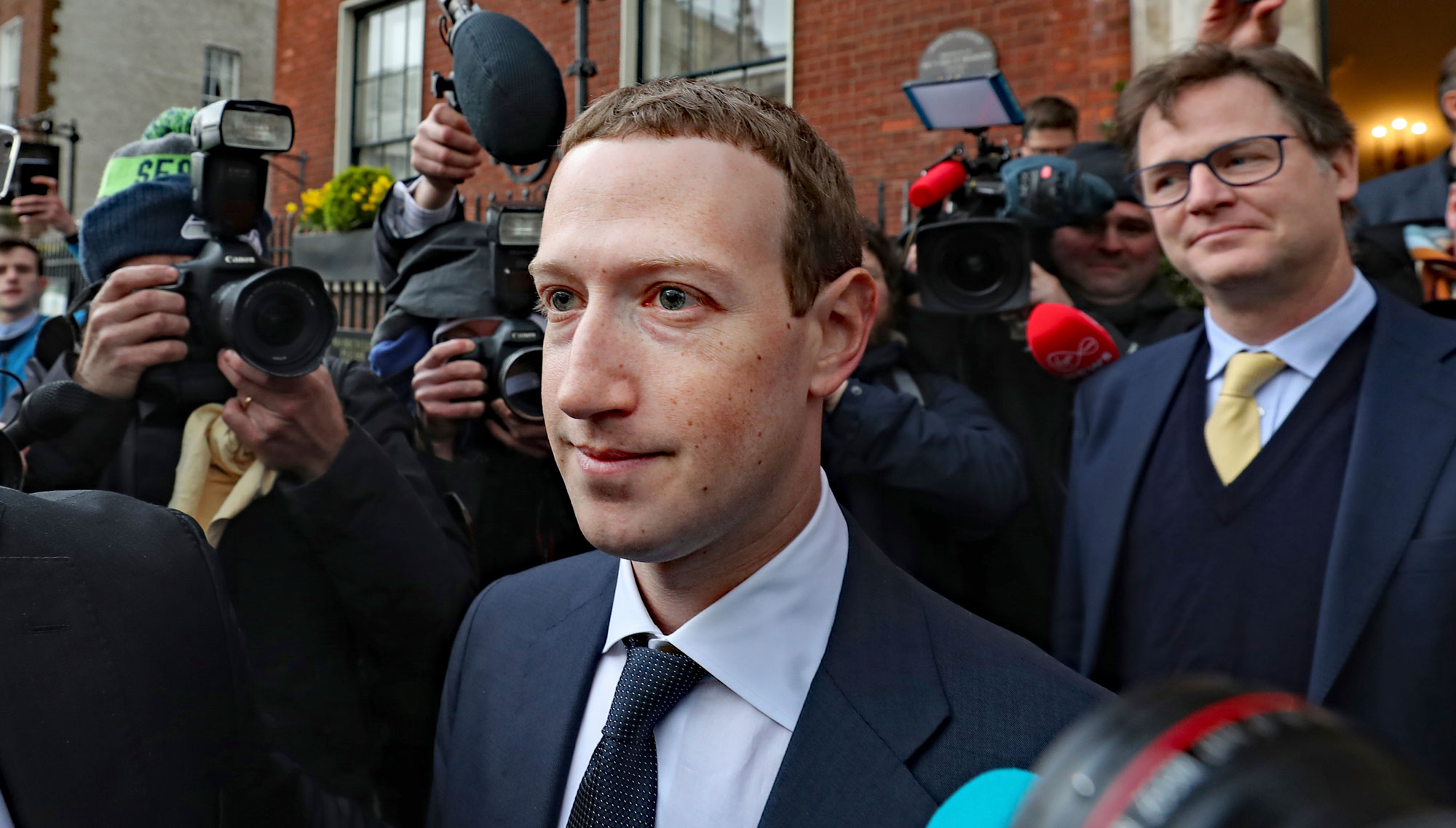Forget the fine—we should have taken Facebook to court, says FTC commissioner

The $5 billion fine and accompanying order won’t force accountability or impose any restrictions on the way Facebook collects or uses people’s data, warned one of the FTC's five commissioners.
It ain’t about the money: As it announced the fine yesterday, the Federal Trade Commission boasted that it has slapped Facebook with the biggest fine ever imposed on any company, anywhere for violating consumers’ privacy. But Facebook’s share price actually went up when news of the fine leaked last week. If you want to know why, it’s worth reading this dissenting statement issued by commissioner Rebecca Kelly Slaughter.
What she said: Although it’s a historic fine and there are some accompanying (but not legally binding) promises by Facebook to behave better, it doesn’t change anything fundamental about Facebook’s practices, Slaughter said, and it won’t deter Facebook from breaking the law again in future. “Rather than accepting this settlement, I believe we should have initiated litigation against Facebook and its CEO Mark Zuckerberg,” she said. Another concern was a lack of public transparency. Although the FTC will have a bit more insight into Facebook’s practices, “the public remains entirely in the dark,” according to Slaughter.
Little chance of litigation: The settlement means the FTC now cannot prosecute Facebook for “any and all claims prior to June 12, 2019.”
Division: The settlement was approved by a 3-2 vote by the agency’s commissioners, with Slaughter and her colleague Rohit Chopra both voting against it. The vote was split along party lines: Republicans for, Democrats against. The FTC's commissioners are appointed by the US president and confirmed by the Senate for five-year terms.
Sign up here for our daily newsletter The Download to get your dose of the latest must-read news from the world of emerging tech.
Keep Reading
Most Popular
Large language models can do jaw-dropping things. But nobody knows exactly why.
And that's a problem. Figuring it out is one of the biggest scientific puzzles of our time and a crucial step towards controlling more powerful future models.
The problem with plug-in hybrids? Their drivers.
Plug-in hybrids are often sold as a transition to EVs, but new data from Europe shows we’re still underestimating the emissions they produce.
Google DeepMind’s new generative model makes Super Mario–like games from scratch
Genie learns how to control games by watching hours and hours of video. It could help train next-gen robots too.
How scientists traced a mysterious covid case back to six toilets
When wastewater surveillance turns into a hunt for a single infected individual, the ethics get tricky.
Stay connected
Get the latest updates from
MIT Technology Review
Discover special offers, top stories, upcoming events, and more.